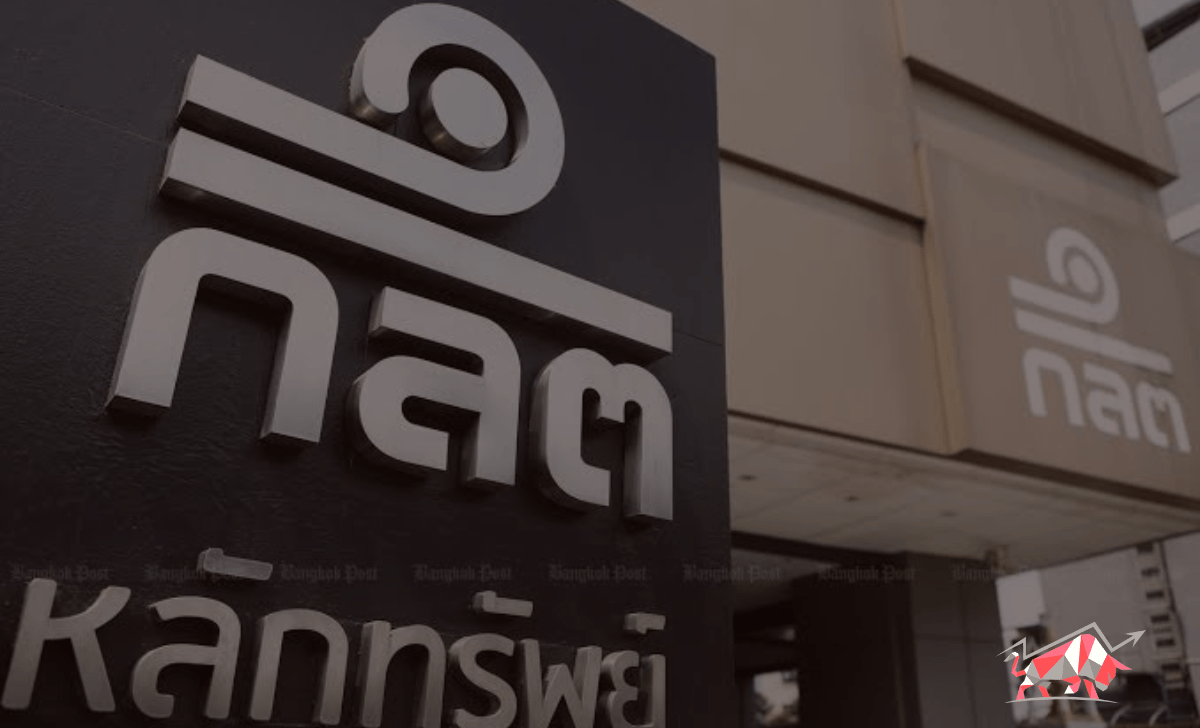While the central bank is given additional authority to supervise the market, the Thai SEC has tightened regulations on the cryptocurrency market. Gulf Energy Development is attempting to open a cryptocurrency exchange in the meanwhile.
In Thailand, officials are enacting several new regulations while also adopting an uncompromising approach toward the cryptocurrency business. The Securities and Exchange Commission (SEC) of Thailand’s efforts have had an impact on trading figures, as the number of active accounts has decreased to around 33% of what it was at the beginning of the year.
On September 1, the SEC established new regulations governing cryptocurrency ads, stating that businesses must not convey incorrect or misleading information and that a warning regarding the dangers of cryptocurrency investment must be included. Within 30 days of the notice being published, these advertisements must be updated.
Finance Minister Arkhom Termpittayapaisith stated in an interview that the Central Bank of Thailand will also be given additional control over the cryptocurrency sector. The Thai SEC has been responsible for overseeing the cryptocurrency market up until now, but that duty will now be shared in part between the two, and the SEC will be in charge of this modification.
Regulators Placing Stern Actions Against Crypto Companies Despite Optimistic Crypto Convictions
Following the collapse earlier in the year, Thailand is undoubtedly attempting to exert some control over the market. Sarath Ratanavadi, CEO of Gulf Energy Development, is still interested in making investments in the blockchain industry despite this. Ratanavadi, Thailand’s second-richest person, plans to put some of the company’s earnings into blockchain startups. He now wants to establish a cryptocurrency exchange and has partnered with Binance to do it. Additionally, the business has committed to buy Binance Coin and preferred shares of Binance US.
With a market share of 11.83%, Bitcoin commands the majority of cryptocurrencies in Thailand. Tether, Ethereum, and Gala follow Bitcoin. As regulations become more stringent, the trading volume on these assets may very possibly decline.
The Siam Commercial Bank’s intention to buy Bitkub failed as a result of the stricter requirements. It was planned for the bank, Thailand’s major lender, to buy a 51% interest in the exchange. A Bitkub executive was also fined $235,000 by the SEC for insider trading. Regarding Zipmex, which requested bankruptcy protection, the regulator reported the company to the police.


